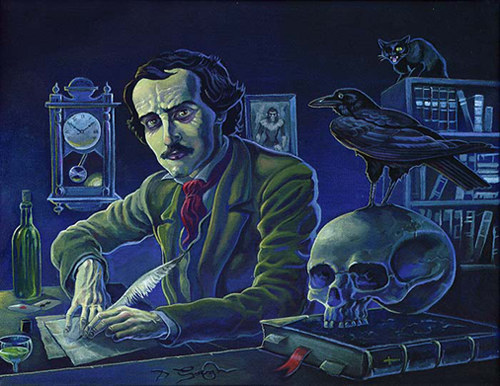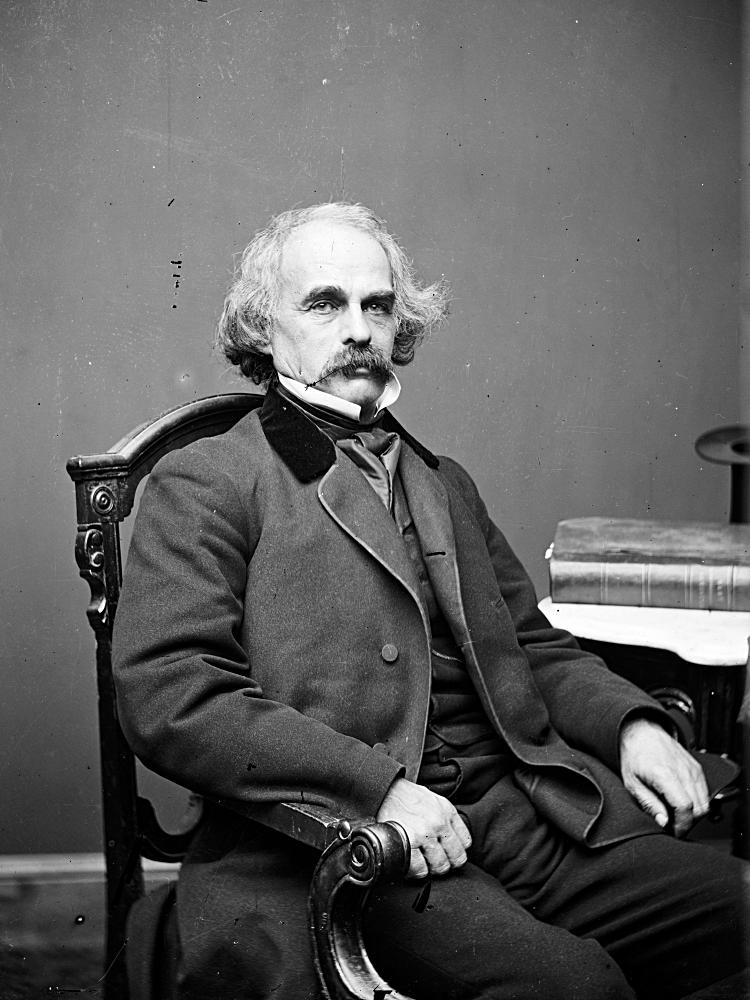
Gregory Alcala
English 48A
October 29th 2009
Journal for Apess
Quote:
“If black or red skins or any other skin of color is disgraceful to God, it appears he has disgraced himself a great deal-for he has made fifteen colored people to one white and placed them here upon the earth.” -The Norton Anthology: American Literature 7th Ed Vol. B
Summary:
This is a deep quote written by an Native American to remark on. Apess is stating something that is still very true today, that the whites are a minority. Yet it is the white people saying that God has chosen them to lead the world. Apess, being a minister, instead of preaching just the praises of God also writes about how the design of God could be ‘disgraceful.’ The ratio of whites to non-white people in America, with African American slaves and Native Americans, and the small number of whites oppressing them both. This quote stuck out for me cause I had just read shortly before this in Apess’s biography that he was turned to Christianity during his childhood. Apess might have had these thoughts floating around his mind.
Quote:
“At a time when whites presumed Indians were dying out or being moved west of the Mississippi, Apess attacks whites' treatment of Indians using forceful language and rhetorical skill.” -William Apess, A. LaVonne Brown Ruoff (http://www9.georgetown.edu/faculty/bassr/heath/syllabuild/iguide/apes.html)
Summary:
While the white people of America thought that Native Americas were quietly being moving into smaller and more distant lands, Apess was writing to get human rights for the Indians. He was the first Native America writer that wanted to see more happen for the Native American people. Apess is remembered for his writing that made his readers look at the oppressive force on the Native Americans.
Overall Summary:
Apess did have a very strong view and was not lacking passion in his writing. I could not really wrap my mind around the message as strongly as the reader might have when it was first published. This is all distance history for me so I feel so removed for it. However, that doesn’t make his words less powerful just I feel like the target he is aiming for is no where close to me. I can only hear the thunder in the distance that is the message Apess wants me to hear.








